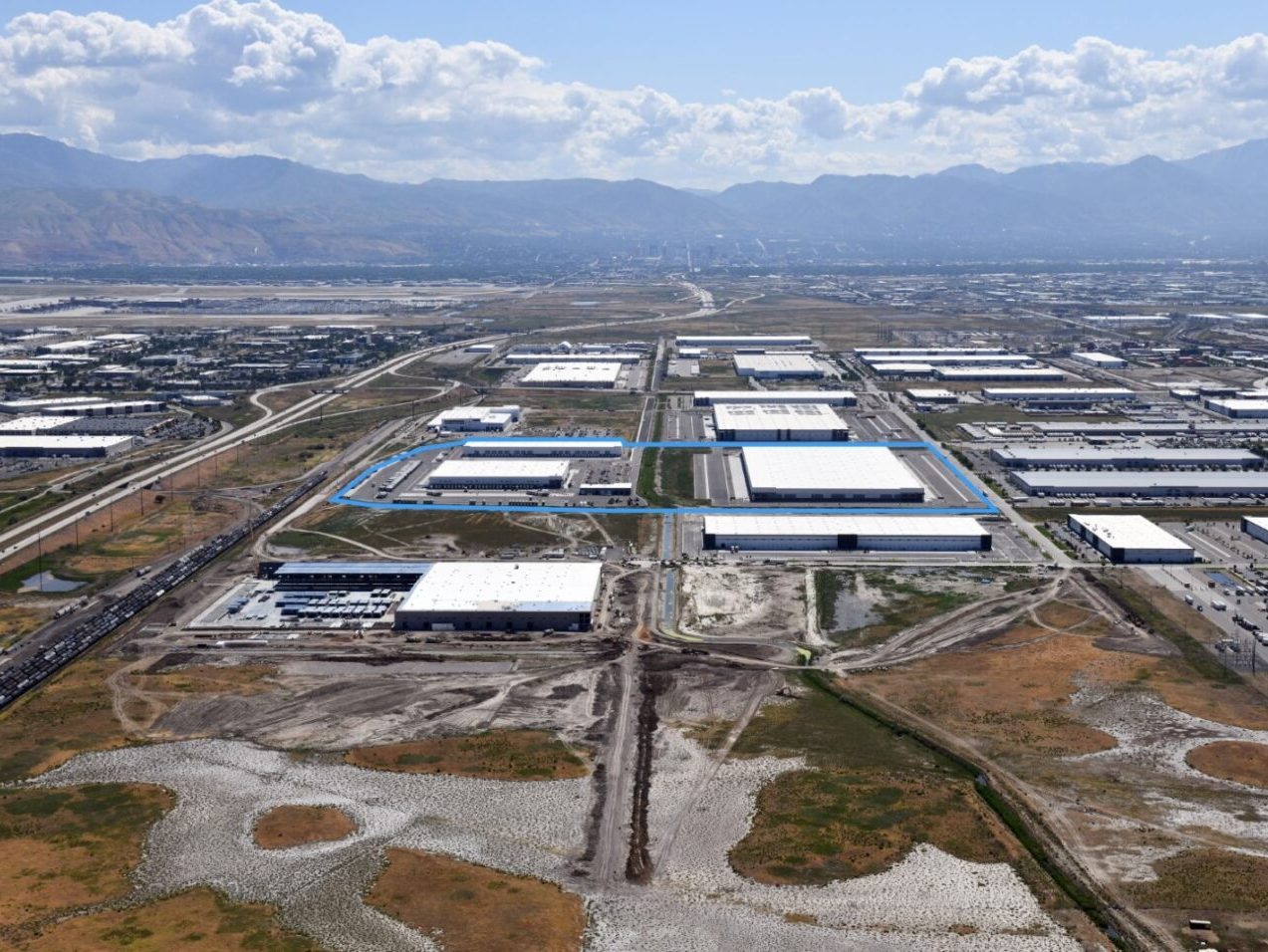California Lockdown Poised to Batter Real Estate
The shelter-at-home order, which covers 40 million people, brings more uncertainty for property owners and managers.
Property owners and managers face additional uncertainty from America’s deepening coronavirus crisis, with California issuing a statewide stay-at- home order for its 40 million residents on Thursday night. The new directive adds to mounting pressure on the commercial real estate industry across the U.S., which is already seeing large-scale retail closures, the shuttering of gaming and hospitality destinations, and a steep drop in office and apartment property tours.
Gov. Gavin Newsom’s extraordinary order calls for the Golden State’s residents to remain at home indefinitely, with exceptions for “essential” travel such as visits to grocery stores, banks and laundromats. The order also bans all public events and gatherings and freezes all businesses except in critical sectors, such as energy and emergency services.
“The economic grind-to-a-halt from the lockdowns are unprecedented and will have significant impact on commercial property, especially from a legal standpoint, as force majeure and legal contracts come under scrutiny from all angles as it relates to current in-place cash flow and the viability of all types of customers and businesses that landlords count on,” Michael Knott, U.S. Director of REIT Research at Green Street Advisors, commented to Commercial Property Executive.
“Fundamentals will slow and transactions and financings are both huge question marks right now,” he added. “Risk mitigation and cash preservation will become paramount. There is no playbook for a pandemic-led economic contraction and bringing society to a full stop.”
Hotels hard hit
Within the real estate industry, hotel and retail properties are among the assets most exposed to a sweeping halt on discretionary travel and business in the most populous state in America.
Data analytics firm STR reported on Friday that the U.S. hospitality market’s revenue per room available (RevPAR) plunged by 32.5 percent for the week of March 8-14 compared to the same period last year, as occupancy dropped by 24.4 percent. The San Francisco and San Mateo, Calif., market witnessed the week’s second-largest drop in RevPAR, at 63.3 percent, and the second-steepest occupancy decrease at 51.6 percent.
Nationwide, hotels catering to meetings and group business experienced the sharpest performance declines, driven by a flurry of event cancellations and government restrictions on the size of gatherings, STR found.
“There has truly been a complete flight of capital” from the U.S. hospitality sector, noted Willy Walker, chairman & CEO of commercial real estate finance firm Walker & Dunlop, in a webcast on Wednesday. “There is nobody right now quoting on a hospitality deal, and it would be my expectation that we see defaults coming in in the hospitality space as debt service starts to take over there.”
Apartment landlords may have less to fear from a protracted shelter-in-place order than their counterparts in the hospitality, retail, and office sectors. “Multifamily is still extremely active,” Walker observed.
“There is still plenty of liquidity in the multifamily space, and there is a high volume of deals being processed, both from a lending standpoint and an investment sales standpoint.”









You must be logged in to post a comment.